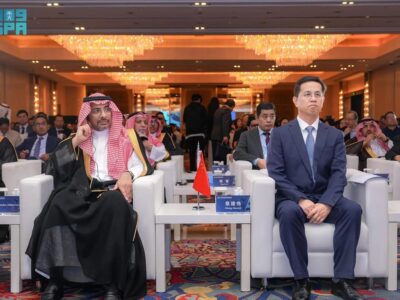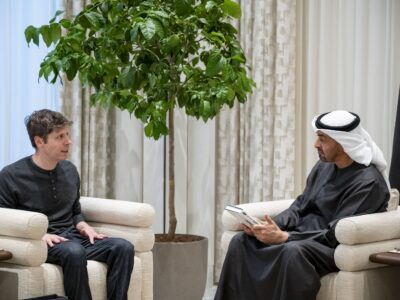Middle East and North Africa (MENA) residents are the most disengaged at work in the world, an international survey by Gallup has found.
More than one in three are “unhappy and unproductive at work and “liable to spread negativity to co-workers”, the study, which excluded non-Arab expatriates in MENA, found.
Only 10 percent of the region’s workers are engaged, meaning they are psychologically committed to their jobs and likely to be making positive contributions to their organisations, while 55 percent are not engaged, lacking motivation and are less likely to invest discretionary effort in organisational goals or outcomes.
The survey found Gulf states had some of the highest proportions of engaged workers in the world.
Qatar and the UAE were the best, at 28 percent and 26 percent respectively. That compares to an average 13 percent globally.
Saudi Arabia recorded the lowest level of engagement in the region, with only 9 percent engaged, 80 percent not engaged and 11 percent actively disengaged.
The report highlights Bahrain’s relatively high percentage of actively disengaged workers – 29 percent – which it says may be explained in part by relative economic conditions.
“Bahrain controls far less oil than most other Arab Gulf countries, which may clarify why its employees report a lower average household income than other countries in the region,” the report says.
“Further, Bahrain’s employees are far less likely than those in most other Arab Gulf countries to say it is a good time to find a job in their area.”
Article continued on next page…
The highest level of engaged employees was recorded in the US and Canada.
Despite the poor figures, which represent 900m not engaged and 340m actively disengaged workers worldwide, they are an improvement compared to a year earlier.
“However, low levels of engagement among global workers continue to hinder gains in economic productivity and life quality in much of the world,” a Gallup statement says.
“The findings also reveal differences among employees with different job types and at different education levels within countries. Recognising these differences can help managers understand how societal factors could affect workplace characteristics and help them identify specific barriers they must overcome to build more engaged workforces.”
In MENA, those with tertiary education were two percentages points more likely to be engaged at work (13 percent) than those with secondary education (11 percent).
Professionals, managers, executives and office workers were more likely to be engaged than those in industries such as construction, fishing and manufacturing.
The report says businesses wanting to adapt to rapidly changing global economic conditions must learn how to maintain high-productivity in the workplace. Systems for reliably measuring and improving employee engagement across industries and regions worldwide are vital to that goal.
“Gallup’s finding that the vast majority of employees worldwide report an overall negative experience at work – and just one in eight are fully involved in and enthusiastic about their jobs – is important when considering why the global recovery remains sluggish, while social unrest abounds in many countries,” the report says.
“Business leaders worldwide must raise the bar on employee engagement. Increasing workplace engagement is vital to achieving sustainable growth for companies, communities, and countries – and for putting the global economy back on track to a more prosperous and peaceful future.”







